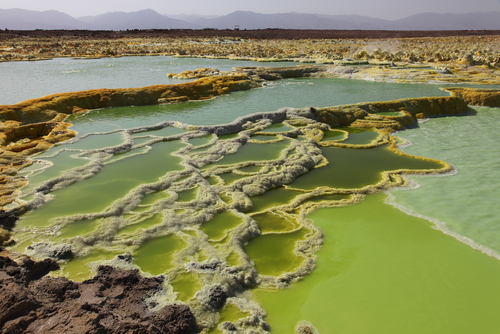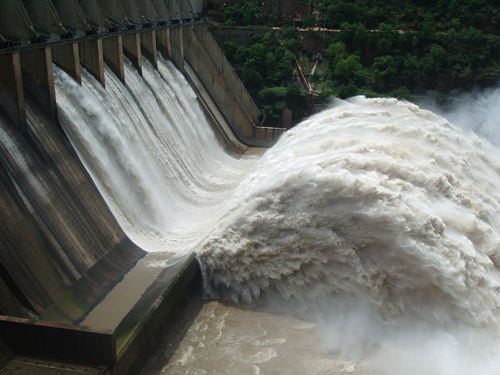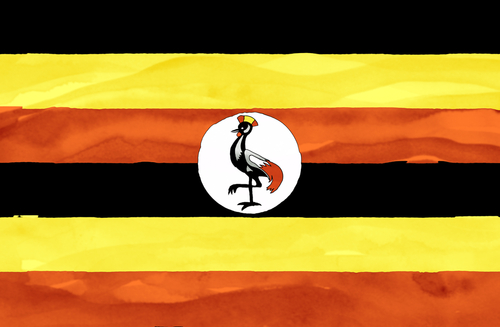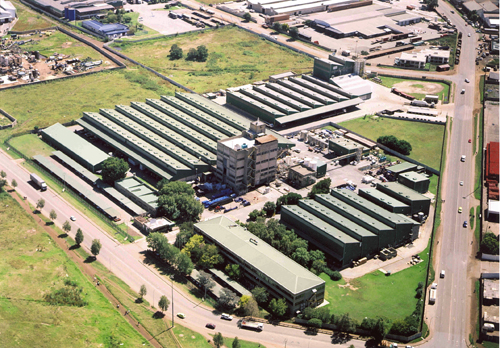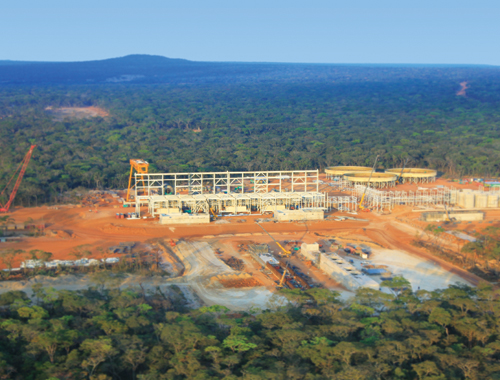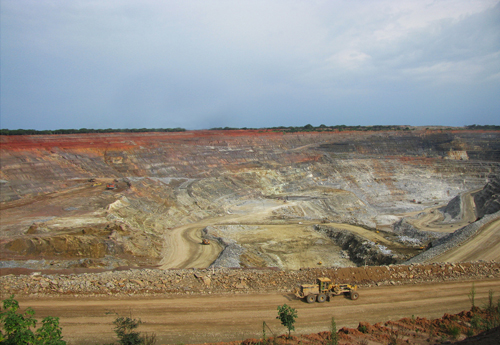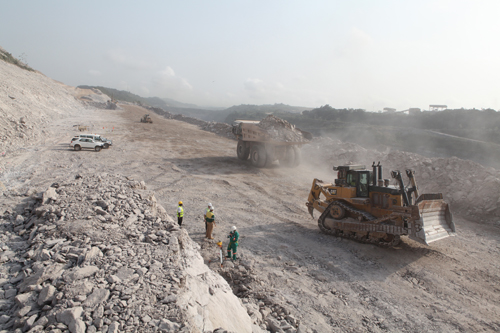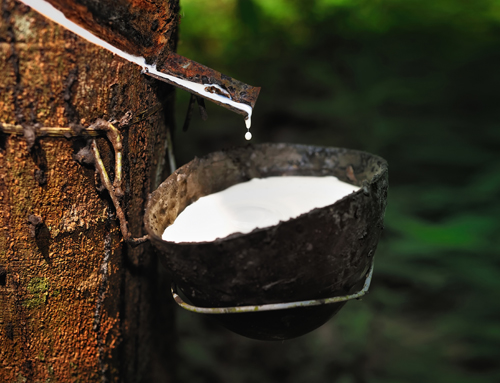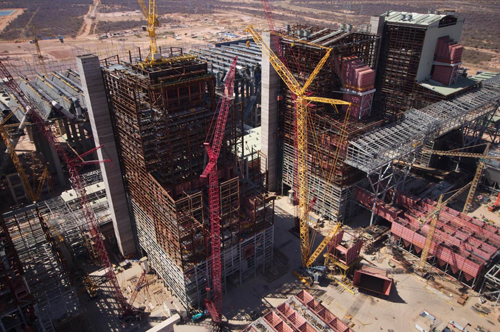
Since we last spoke to Roman Crookes, project manager of the R105 billion Medupi power station, he has refereed a game of two halves. The press has had a field day throughout the three years since June 2010, and any observer could be forgiven for thinking the site has been a battlefield. However in every problem lies an opportunity, and it was good to get a chance to hear firstly about the achievements of the project, then about the good that has come from the setbacks that have been encountered.



 Eskom.Medupi-Africa-Energy-Nov13-Bro-s.pdf
Eskom.Medupi-Africa-Energy-Nov13-Bro-s.pdf